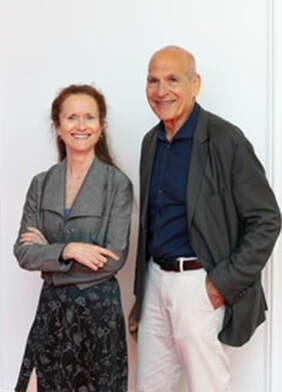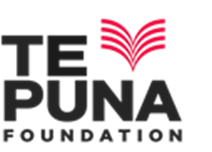Join library scholar Elliott Shore and Dr Fenella G France as they draw on their extensive experience with library institutions to suggest ways that leaders can prevent stifling change.
Shore will draw on his experience in small and large, public and private, higher education and library institutions, and his term as Executive Director of the Association of Research Libraries in the US and Canada. He will focus on such issues as the "disagreement deficit,” "the competency trap," amongst others, and how and why they stifle change.
France will share her breakthrough in how libraries can know the state of books collected in the last 180 years, and how we can use this data to prioritise and maximise the future of our collections.
They will show that change in our institutions is not only possible, but also invigorating and necessary.
You won't want to miss this event:
- Tuesday, September 20, 5.00 pm - 7.00 pm
- In-person: Taiwhanga Kauhau Auditorium, National Library of New Zealand Te Puna Mātauranga o Aotearoa
- Online: Register here.
Fenella FranceFenella G. France is Chief of the Preservation Research and Testing Division, Library of Congress, and is an international specialist in the environmental deterioration to cultural objects. She has developed a research infrastructure that integrates heritage and scientific data and also focuses on data visualization. Her team is expanding the use of portable instrumentation through the “go-team” and sample reference materials that support preservation of cultural heritage. Dr France has worked on projects including World Trade Centre Artifacts, Ellis Island Immigration Museum, Llullaillaco High Altitude Museum in Chile, and the 1507 Waldseemüller World Map. She collaborates extensively with academic, cultural, forensic and federal institutions and has taught courses in the US, London, New Zealand, Portugal and Latvia. She is currently Principal Investigator on an Andrew W. Mellon Foundation-funded project to scientifically assess the condition of print materials in USA research libraries. Her other international collaborations include: Inks&Skins, University College Cork, Ireland, Collections Demography, SEAHA doctoral training, Beast2Craft Biocodicology project, and CHaNGE – Cultural Heritage Analysis for New Generations. She is a member of the Board of Directors of the Council on Library and Information Resources. | Elliott ShoreElliott Shore accepted the role of Executive Director of the Association of Research Libraries (ARL), a non-profit organization of 124 research libraries at comprehensive, research-extensive institutions in the US and Canada that share similar research missions and aspirations, for a five year period from 20I3-18. The main achievement was working with renowned architect/educator Ann Pendleton-Jullian and radical innovator John Seely Brown to develop a groundbreaking strategic thinking and design process/programme for ARL libraries. He has published books and articles on the history of advertising, the history of publishing, of radicalism, of German-America and of restaurants. He was instrumental in the rebuilding and restoring of two historic libraries in Philadelphia: the Annenberg Research Institute's Library (formerly Dropsie College, now part of the University of Pennsylvania) and the Joseph Horner Library of the German Society of Pennsylvania. He is co-dean of the Leading Change Institute, a joint project of EDUCAUSE and CLIR, the successor to the Frye Institute, founded in 2012, working with more than 400 mid-career librarians, information technology professionals as well as higher education individuals from other departments, drawn mostly but not exclusively from North American attendees. |





 RSS Feed
RSS Feed